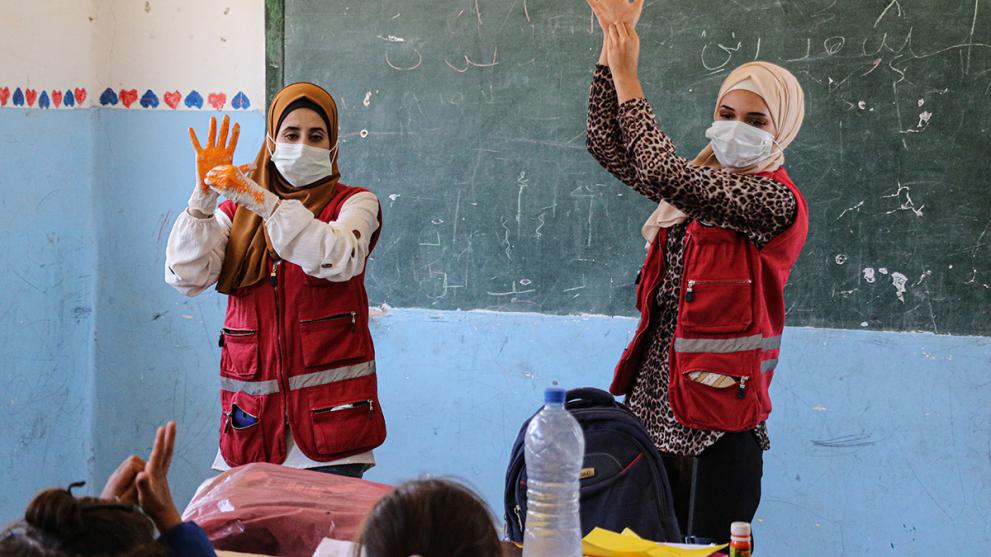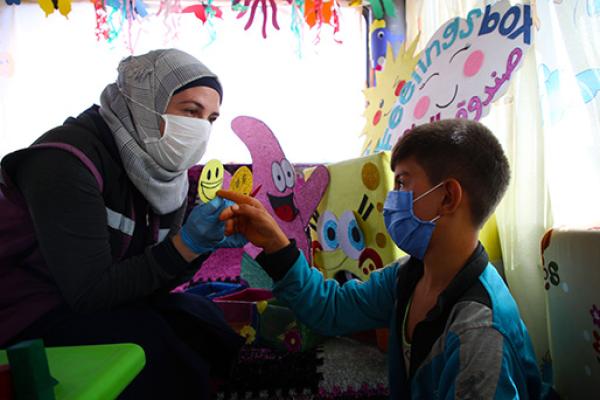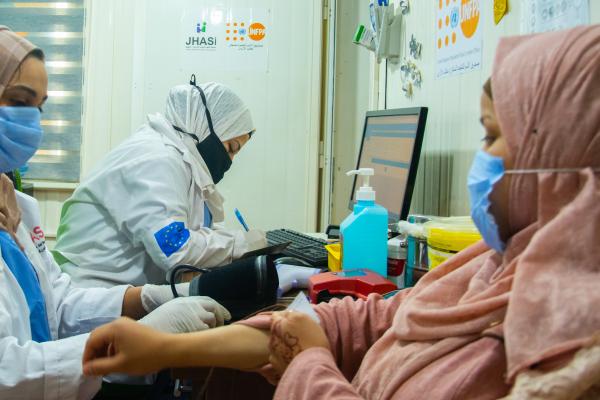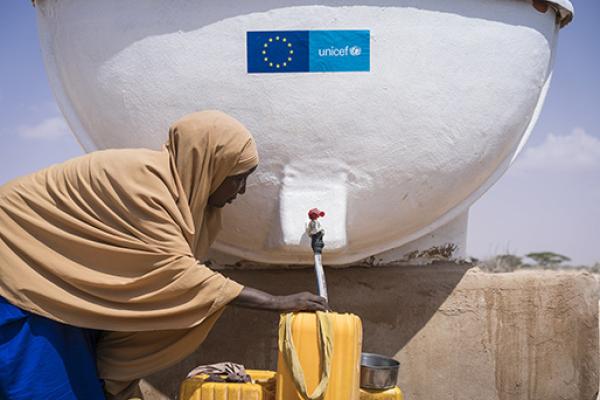
Following the declaration of a cholera outbreak in Syria, the EU has allocated an additional €700,000 in humanitarian aid to help contain the epidemic countrywide. This comes on top of €4 million already mobilised for cholera preparedness and response, and to improve healthcare as well as water and sanitation services.
European Commissioner for Crisis Management Janez Lenarčič said: “Almost half of Syrians rely on unsafe water sources for their daily needs. This is the result of almost 12 years of conflict made worse by a severe economic crisis and prolonged drought. The EU is joining efforts to curb the epidemic. Our funding will allow humanitarian partners to respond to the cholera outbreak through early detection and treatment, provision of safe water and cholera prevention. The EU is committed to help Syrians overcome the outbreak.”
The newly allocated funding will allow the International Federation of Red Cross and United Nations Children’s Fund (UNICEF) to support the distribution of water purification chemicals and tablets, hygiene kits and oral rehydration salts. It will help increase cholera awareness and prevention as well as water trucking to the affected areas.
The funding will also allow to monitor and detect cases earlier, as well as refer patients for oral rehydration and treatment to newly established cholera treatment centres or health facilities. Finally, it will contribute to oral cholera vaccination.
Background
By early October, more than 13,000 suspected cases have been reported in 13 of Syria’s 14 governorates. While almost all cases have been reported in north-east Syria and Aleppo governorate, the epidemic is rapidly spreading in the country.
Cases have also been reported in overcrowded camps and sites for displaced people where access to safe water, hygiene and sanitation is often inadequate, exposing them to disease. The situation in the camps for internally displaced persons in north-east and north-west Syria, which host millions, is of particular concern.
According to the 2022 Syria Humanitarian Needs Overview, the reliability and efficiency of water systems in Syria has sharply decreased for the first time since 2016. Up to 47% of the population is relying on unsafe alternatives to meet or complement their water needs (against 38% in mid-2020).
A lot of critical water infrastructure has been damaged during the conflict. At least 70% of sewage is discharged untreated and at least half of the sewage systems are not functional. In Raqqa and Deir-Ez-Zor, for example, nearly all the untreated raw sewage is discharged into the Euphrates River, which serves as the main source of drinking water for the population.
Almost 12 years into the crisis, the availability of and access to healthcare services are also compromised, with only 58% of hospitals and 53% of primary healthcare centres fully functional. Some 14.6 million people need humanitarian assistance inside Syria, including 6.7 million internally displaced people.
The EU enables more than 30 humanitarian partners inside Syria to address people’s basic needs and provide rapid response to emergencies, including support to prevent critical infrastructure such as water treatment plants and pumping stations from collapsing, ensuring access to safe water for 5 million Syrians.
Details
- Publication date
- 14 October 2022
- Author
- Directorate-General for European Civil Protection and Humanitarian Aid Operations (ECHO)



